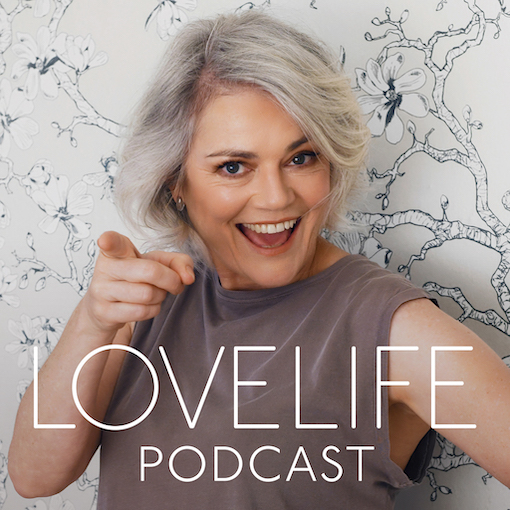
Mindfulness is a good thing. From scientific research to the personal experience of increasing numbers of people, there is proof of so many benefits from practicing mindfulness in life – better health, calmer, more self-aware, more engaged with life.
There’s also been more research on sex and mindfulness, although the focus tends to be on how mindfulness practices can make sex better. I’m just as interested in how sex itself can be a mindfulness practice.
So, what are mindfulness practices? We tend to associate mindfulness with solo, sedentary practices such as meditation, prayer and contemplation. And yes, these are great ways to practice mindfulness, to learn to still the mind, relax the body and even have experiences of oneness with the universe. Ideally these practices will also be embodied, so that you are really present and aware of your body, as much as stilling the mind. I tend to think of this as ‘bodyfulness’ as much as ‘mindfulness’.
While you can practice embodied mindfulness in seated positions, more obviously embodiment-focused are the movement-based mindfulness practices. These practices involve movement, such as tai chi and yoga, which have additional benefits of being kinaesthetic, proprioceptive, tactile, spacial and interoceptive (when practiced with focus not just as a physical experience).
And then there are partnered movement-based embodied mindfulness practices, such as some of the martial arts and dance, which can be even more beneficial. One study which compared the benefits of meditation, exercise and Argentine Tango, found that Tango induced a broader and more persistent range of benefits than either meditation or exercise. The researchers attributed these benefits to the fact that Tango requires, and develops: acceptance, trust, absolute attention, and awareness of the moment, in a safe environment.
I haven’t seen any similar studies on sex, but being both a practitioner of Tango and sex, particularly Tantric sex, I can attest that there are a lot of similarities. But not just any sex. The linear process of fantasy-based genital-focused sex can be fun and highly satisfying, but not necessarily mindful. To be mindful, the participants need to be present within themselves and attuned to each other, creating a state of enhanced connectivity called resonance.
To do this you need to take the time to connect, to sink in and sync in (sink in to yourself to sync in with your partner). You can do this with an eye gaze, breathing together, through sensual touch, undressing each other, or even with a conversation.
Then let go of any expectation that the experience needs to be a certain way. Take a non-linear approach and let the encounter unfold in a moment-by-moment co-creation. Feel into your body, feel how it interacts with and responds to your partner. Allow feelings and sensations to permeate the whole of your body. Be attuned to subtle sensation. Allow your mind to be embodied, one with your body, observing, experiencing.
Experience the mindfulness within and between. Then see how this transforms your experience of sex, and quite possibly, of life.


















